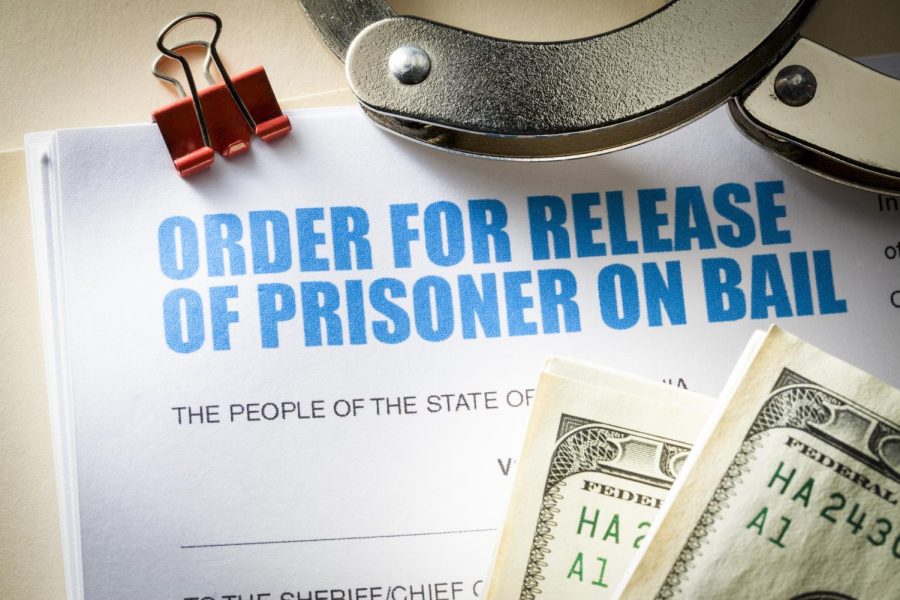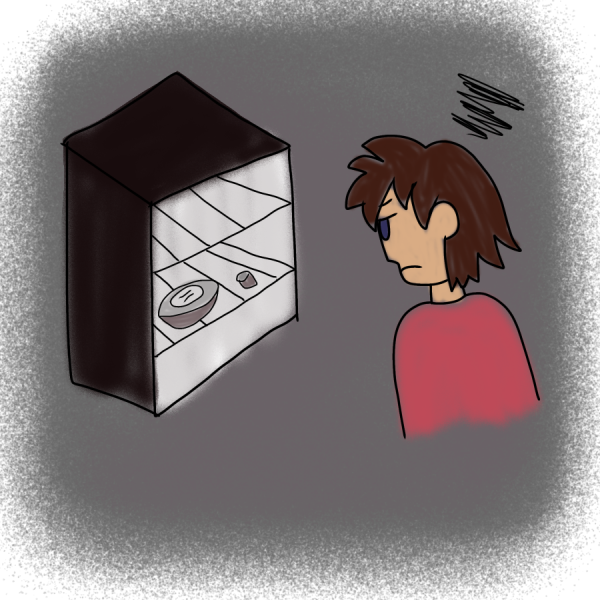Unpopular Opinion: Ending cash bail will benefit Illinoisans
Columnist Arduini believes monetary bail only furthers the gap between the rich and poor as low-income individuals are less likely to be able to afford bail.
Illinois’ elimination of cash bail will benefit many of its residents.
On Jan. 22, 2021, the Illinois Safety, Accountability, Fairness and Equity-Today (SAFE-T) Act was signed into law by Gov. J.B. Pritzker to make changes regarding the state’s justice system.
One of the changes made by the SAFE-T Act is the elimination of cash bail. The legislation, which will be put into effect on Jan. 1, 2023, makes Illinois the first state to abolish monetary bail.
With this new law, those who are arrested shall be released on a personal recognizance bond rather than being held on bail. This individual bond releases the defendant from custody while they await court.
While critics of the change raise concerns over the release of potentially dangerous criminals, the legislation says, “Detention only shall be imposed when it is determined that the defendant poses a specific, real and present threat to a person or has a high likelihood of willful flight.”
This means that those arrested for violent crimes may still be jailed if deemed a threat.
Ideally, a person’s wealth should have no bearing on whether they are freed or held in jail. With cash bail required, those who are well-off have a clear advantage in the justice system because they can pay for their release. The elimination of cash bail allows for all individuals, regardless of income level, to have the opportunity for pretrial freedom. Furthermore, defendants are innocent until proven guilty, but pretrial detention and bail instills the opposite idea.
While jail can be seen as a crime deterrent, it could be doing more harm than good. Individuals may experience financial and emotional issues that could lead to more criminal activity. According to the Illinois Criminal Justice Information Authority, “Days spent in pretrial detention was associated with significant increases in committing new crimes.”
Additionally, reducing the length of time inmates spend in jail reduces the amount of taxpayer money being wasted on them. Money can be saved by granting the release of those who are arrested rather than collecting money through bail.
Impoverished Americans are both disproportionately arrested and negatively affected by the cost of bail compared to their wealthier counterparts.
Monetary bail only furthers the gap between the rich and poor as low-income individuals are less likely to be able to afford bail. Paying for bail can be seen as a “poor people tax” because the cost places a heavier burden on low-income individuals.















